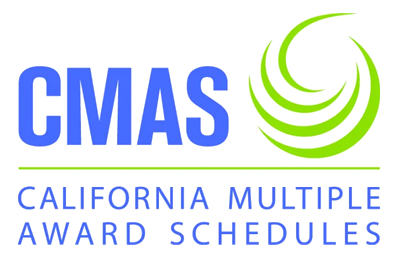Pacific Gas & Electric (PG&E), a California utility, may well find itself featured in those “don’t be like” commercials. You know the ones where that guy makes poor decisions (such as choosing cable television instead of the competitor) that leads to a series of disasters. In PG&E’s case, rather than waking up in a ditch, or falling into a dinner party, it is exploding buildings with its lackadaisical performance in recordkeeping practices. PG&E, which is required to maintain original records for the life of its pipelines, found itself earlier this week explaining – and not for the first time or even for the second time since 2008 — how faulty records played a part in an explosion. PG&E also admitted to its regulator in a hearing that in one of its districts it cannot even find original records spanning more than a decade of time. That could be a lot of missing documents. See the SF Gate article

Although we often think about the litigation risks as the driving force to maintain proper records, this case highlights the “business case” for keeping accurate and reliable records. Recordkeeping was invented to help us keep accurate track of what we do in business or in government. We track our successes and failures; we learn from our decisions by creating a reliable repository of information about the business performance. Unreliable records can have disastrous consequences for businesses – just look at PG&E, if you have any doubts. Aside from the damage to property and lives, and regulatory penalties, what costs to reputation, customer trust, and professional embarrassment has this company sustained all for the failure to have had reliable business records available when crews cut into a gas pipeline. What it adds up to is like the commercial says: don’t be like this guy, PG&E.
Instead, make a proactive decision about your organization’s records. Start by conducting an assessment of your recordkeeping and content management practices using the ANSI/AIIM 25 standard so that you can develop a plan to address any weaknesses. That way your organization won’t find itself in PG&E’s repeatedly embarrassing and costly situation without the proper records.









